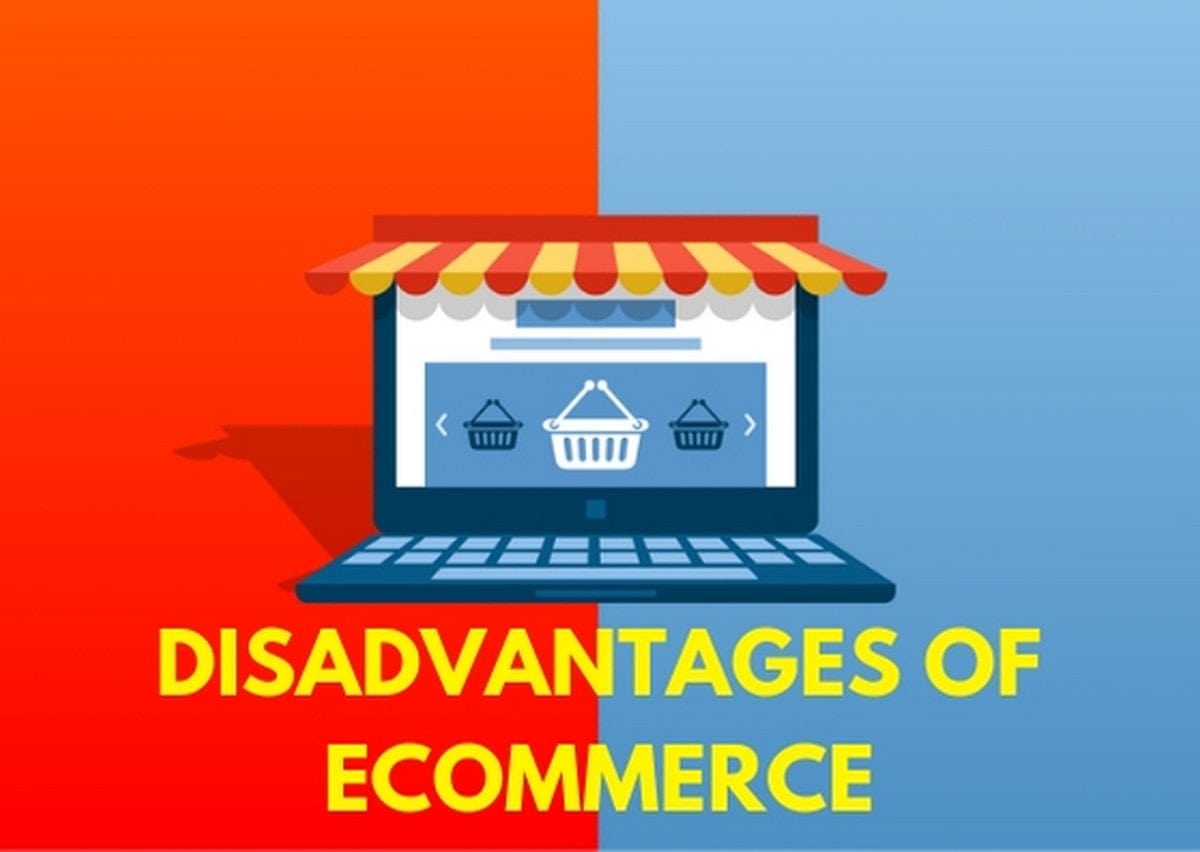Unethical Marketing Practices by Hotel Booking Websites
Unethical Marketing Practices by Hotel Booking Websites
During the dot com boom, online travel agencies had taken the entire world by storm! Travel websites which offered customers the convenience of being able to compare and book hotels from the comfort of their home became bug business. Companies like Travelocity and Expedia have business interests all across the world.
However, about twenty years later, these travel websites find themselves in the middle of a storm. Hoteliers and travel agents in many countries are alleging that these online agencies work in unethical and probably even illegal ways. As a result, these agencies are facing the wrath of regulators in many countries. In 2017, the Turkish regulator temporarily banned Booking.com because it was alleged that the company was breaking the local competition law. Similarly, these websites have been under investigation by the United Kingdom regulator as well. In India, the action was not taken by the regulators. Instead, it is the hotel lobby that has decided to come together and cancel the bookings made from online travel websites. Many hotels are insisting that customers cancel the bookings made from this website. They are willing to provide the same price for an offline booking but are insisting on the cancellation.
In short, online travel agencies are facing the wrath of many stakeholders. This has been blamed on the possibility that they may be using unethical marketing practices. In this article, we will have a closer look at some of the unethical practices that are being adopted by these websites.
Some of the unethical practices have been listed below.
Restrictive Contracts
Online travel agencies like booking.com guarantee lowest prices to their customers. They provide this guarantee because they sign contracts with hotels that prevent them from selling their hotel rooms at a lower price. Up until now, the hoteliers have been signing these contracts because the travel websites provide a steady flow of guests to them. However, of late, many hoteliers and offline travel agents have started protesting that such contracts are anti-competitive in nature. By blocking the hotel’s ability to drop prices, the hotel websites are virtually creating a monopoly. The common belief is that hoteliers should have the ability to price their hotel rooms independently and hence the contracts written by these agencies need to be modified.
Subtle Manipulation
Online travel agencies have also been accused of subtle manipulation by many consumer advocacy groups. It has been observed that the order is which hotels are listed on this website has a huge impact on their sales. Hence, travel websites charge a commission to list certain hotels at a higher level.
This is unfair to the customer since they believe that the order of ranking is based on the relevance of the search that they have conducted. The reality is that travel websites sell special packages to the hotel. As a part of these packages, the hotels are required to pay a higher commission if they want a better placement.
The end result is that online travel agencies are under pressure from consumer advocacy groups to segregate their organic searches from their paid promotions as Google does!
Fake Pressure
Online travel agencies are also known to create fake pressure on the customers to make a purchase. This is often done by claiming that a certain number of prospective buyers are viewing the hotel property concurrently or that certain property has only a few rooms left for certain dates. There would ideally be no problem if the numbers provided by the website were accurate. However, in many cases, it has been observed that travel agencies create fake pressure on the consumers by claiming that a certain price is only valid for a certain time and that rooms will sell out shortly.
In reality, this is not often the case. The facts are often distorted by travel websites in order to pressure the customers into making a purchase.
False Discounts
Online travel agencies sometimes promise steep discounts on the inventory that they are selling. In reality, this is not really the case. These agencies first mark up the price to take it unnecessarily higher. These prices are often weekend prices in the peak season. Then travel agencies claim that they are giving 30% to 40% discount. In reality, they are selling at off-season prices which the users would anyways get directly at the hotel.
Once again, this is unethical marketing. Practices like these are the reason that online travel agencies are facing resistance from consumer groups.
Deceptive Pricing
Lastly, online websites are also known for publishing different prices as compared to the ones that they charge. Till the last instance of the decision-making process, they show a different price. Later when the consumer is about to book the hotel, these websites suddenly add convenience fees and travel insurance. Sometimes, users are not even aware of the fact that they are buying insurance or any other add on service! It is clear that the online travel website is hoping the consumers will not notice the change in prices and will continue to pay. This is obviously unethical.
To sum it up, the deceptive marketing practices by online travel agencies have now been exposed. These agencies desperately need to revamp their marketing failing which they are definitely going to run into trouble with regulators and consumer advocacy groups.






